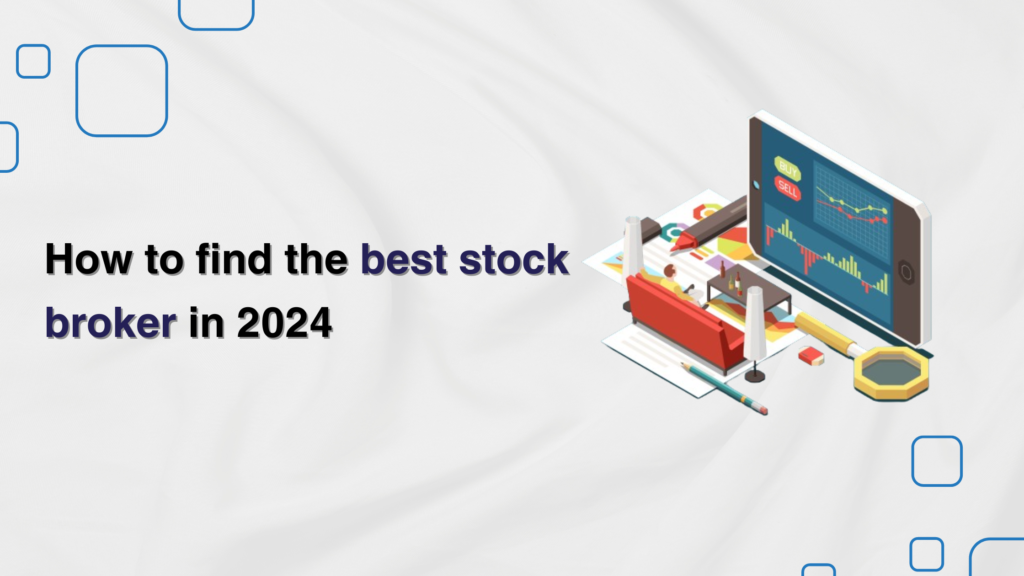Trading Psychology: Overcoming Fear and Greed in Trading

Trading, whether stocks, forex, or cryptocurrencies, is as much a psychological warfare as an economic one. The two most powerful emotions businesses must deal with are fear and greed. Both can significantly influence decision-making and lead to suboptimal performance outcomes. Understanding how to deal with these emotions is essential to your long-term success.
Understanding fear and greed
In business, Fear often manifests as anxiety about losing money or giving up potential profits. This can lead traders to sell positions prematurely or avoid entering the market altogether. Panic often intensifies after market fluctuations or losses.
Greed is a strong desire for more. It can cause traders to take too many risks, hold winning positions for too long, or jump into trades without due diligence. Greed generally runs high in bull market situations when profits seem easy to make.
Strategies to Overcome Fear
- Educate Yourself: Knowledge reduces uncertainty. By understanding market mechanics, trading strategies, and risk management, you can build confidence and reduce fear.
- Start Small: Begin with smaller positions to limit potential losses. As you gain experience and confidence, gradually increase your trade sizes.
- Set Stop-Loss Orders: Predetermined exit points can help you manage risk and avoid panic-selling. Knowing your maximum potential loss can provide peace of mind.
- Focus on the Process, Not the Outcome: Concentrate on executing your trading plan correctly rather than worrying about individual trade results. Consistent application of a well-thought-out strategy will yield positive results over time.
Strategies to Control Greed
- Have a Trading Plan: Develop a clear plan outlining your entry and exit points, position sizes, and risk management rules. Stick to this plan to avoid impulsive decisions driven by greed.
- Set Profit Targets: Decide in advance the profit levels at which you will exit trades. This prevents the temptation to hold onto positions in the hope of even higher gains.
- Diversify: Avoid putting all your capital into a single trade. Diversification of funds can help spread risk and reduce the emotional impact of any one trade’s outcome.
- Take Regular Breaks: Trading can be intense and mentally exhausting. Regular breaks can help you stay focused and prevent emotional decisions driven by greed.
Conclusion
Every trader goes through feelings of fear and greed, which are emotions. Yet by grasping how they influence us and using tactics to handle them, you can enhance your trading results. Education, self-control and a solid trading strategy play roles in conquering these hurdles. It’s important to note that successful trading isn’t about erasing emotions but about handling them. This way you can make choices that support your trading objectives in the run.

